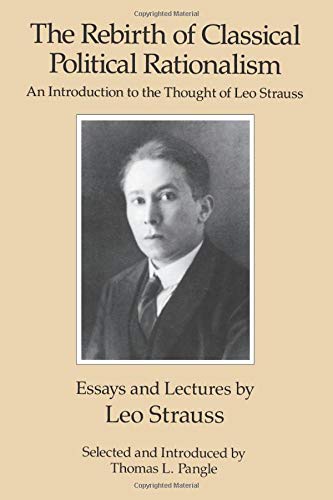Any theory emphasizing reason or intuition (usually in contrast to the senses, or, in ethics, to feelings and emotions), whether as the basis for acquiring knowledge, or as the basis for justifying moral judgments.
In these uses it contrasts with empiricism, and has similar varieties. The a priori is to rationalism what the a posteriori (or empirical) is to empiricism. In ethics, rationalism tends to be classed with intuitionism (though different from it) in opposition to moral sense theories.
The late 19th and 20th centuries’ use of ‘rationalism’ to contrast with belief in religious revelation is not common in philosophy.
Also see: continental rationalists
Source:
W von Leyden, Seventeenth Century Metaphysics (1968), especially ch. 3
Table of Contents
Last update 2020-06-17. Price and product availability may change.










